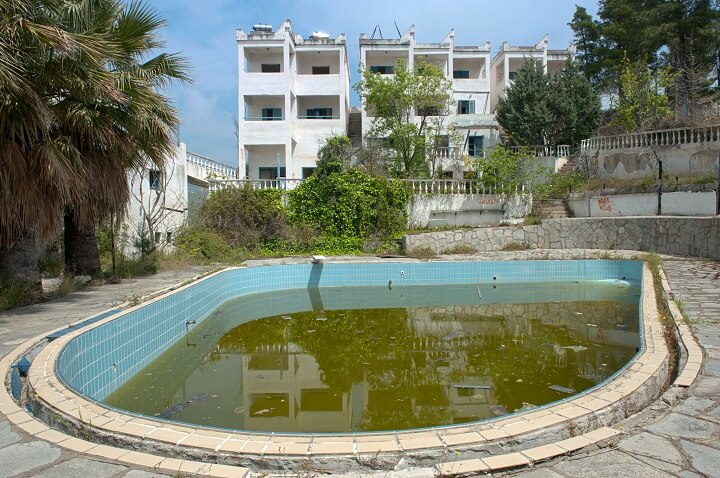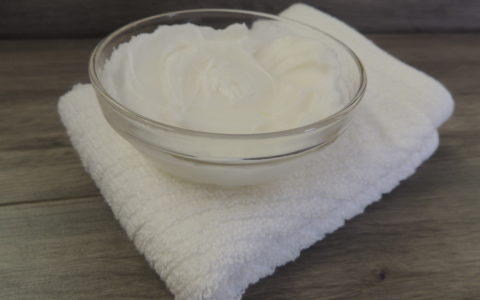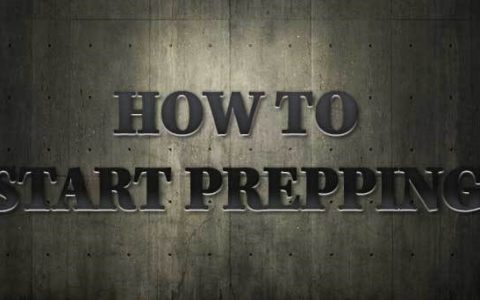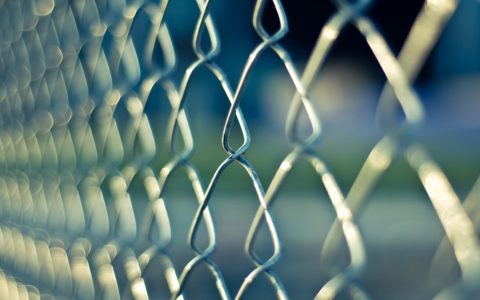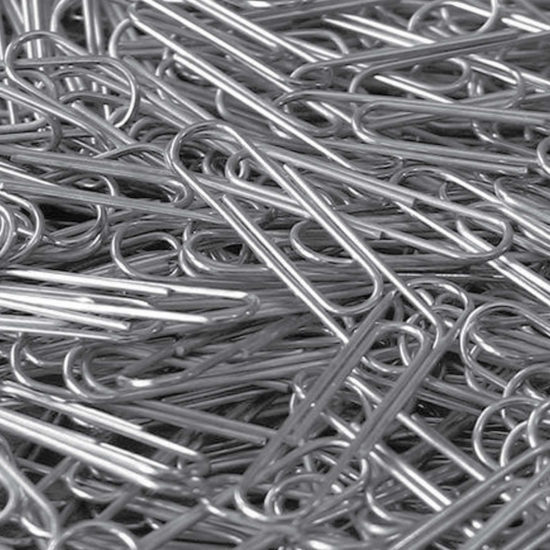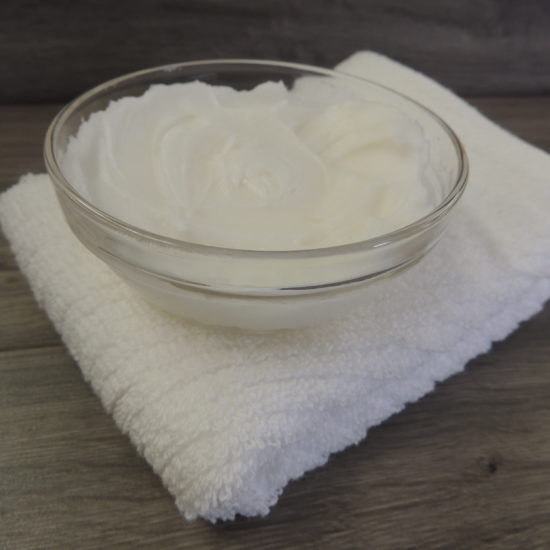
A Swimming Pool is Like a Personal Reservoir in Your Backyard. But is the Water Safe to Drink?
The quick answer is yes. But there are a couple of steps you’ll want to take before you hoist a glass of pool water to your lips. In the grand scheme of things, water from a properly maintained swimming pool is safer than any wild water you might find in a river or pond. But regardless of the source, you need to treat any water you harvest, whether it’s in your own backyard or in the wild.
All manner of pollutants can find their way into streams and lakes, from animal manure to pesticides and herbicides, heavy metals, and of course bacteria and viruses. Many of those same pollutants can find their way into swimming pools in addition to human skin cells, human and animal urine, fecal matter, and whatever the wind carries to the water’s surface.
Related: A terrifying disaster is upon us (What you can do to keep your loved ones safe during the coming chaos)
Fortunately, heavy metal and farm-strength pesticides and herbicides rarely get into a swimming pool. However, a natural weather disaster like a tornado or hurricane can dump just about anything in your pool from the surrounding area, and that’s a time when you might need a water source like your swimming pool the most.
The good news is that swimming pools are usually filtered and treated with chemicals (mostly chlorine) to keep the water clear and pure. Pool owners also spend a good amount of time skimming the surface, and most pools have automatic skimmers to remove floating debris. But what about those swimming pool chemicals?
Traditional Water Treatment for Swimming Pools
The filtering process for most swimming pools involves running the water through a tank filled with diatomaceous earth. It’s a white, powdery substance made from crushed seashell fossils. It’s safe and is used to filter everything from commercially produced beer to water from municipal water and yes, swimming pools.
But What About Those Chemicals?
Two chemicals typically find their way into swimming pool water to effectively treat the water. One is chlorine and the other is cyanuric acid.
Chlorine is added to kill germs. It’s that simple. What’s complicated is the source of the germs. Here are a few of the vectors or sources that bring bacteria and viruses to swimming pools:
- The wind.
- Branches and leaves fall into the pool.
- Our feet deliver everything we’ve stepped on and in, to the water.
- All parts of our bodies and everything that clings to them, everywhere.
- Bathing suits T-shirts or anything else someone wears in a pool.
- Insects that fall into the water.
- Bird droppings.
- Mucous, sweat, and other human secretions.
- And the family dog when we decide it would be cute for him or her to take a dip.
Just going down that list is enough to make any pool owner want to throw another batch of chlorine in the pool. But while chlorine won’t hurt you if you accidentally gulp down a mouthful, drinking highly chlorinated water over a period of time can do some serious damage to your organs and your gastrointestinal system.
In fact, the first sign of mild chlorine poisoning is diarrhea. The chlorine kills the good bacteria in our intestines that help us to digest food. Diarrhea is the result. The simple fact is that you have to get the chlorine out of the water before you drink it. Bromide is sometimes used as a chlorine alternative for sanitizing pool water, and that’s not any safer to drink.
If you have a for chlorine, you should know that water with chlorine levels less than 4 ppm (parts per million) is considered safe to drink. However, there may be other chemicals or pollutants present, so don’t assume potability (water that’s safe to drink) is all about chlorine levels.
Related: A Gold Storm Is Coming (Even the most prepared Americans will be blindsided by what’s about to happen.)
Why Would Anyone Add Cyanuric Acid to a Pool?
Algae will often grow in swimming pools. It’s slimy and encourages bacterial growth. The appearance of algae in the water is typically a sign of high alkalinity and an improperly maintained swimming pool. Cyanuric acid is often added as a pool conditioner to raise the acidity of the water to inhibit the growth of algae.
It also stabilizes hypochlorous acid which is a product of the pool chlorine and the cyanuric acid resists the destabilizing effects of ultraviolet light on the chlorine. It’s relatively safe to swim in water treated with acids if they’re used in the proper proportions but they’re also not safe to drink in quantity.
Are There Any Other Chemicals to Worry About?
Yes, but they’re not added intentionally. Ammonia will often show up and its source is urine. Say what you will, but people often pee in the pool. Complicating matters, if sufficient ammonia finds its way into a swimming pool, it can actually interact with the hypochlorous acid to create chloramines that can irritate the skin and eyes and smell bad as well.
To put it bluntly, swimming pool water may look clear and clean, but it has the potential to be a witches-brew of stuff you don’t want to drink.

Even if the pool looks like this, don’t just scoop it up and drink it.
How to Make Swimming Pool Water Safe to Drink
Filter It
A good water filter design to will effectively allow you to filter swimming pool water and make it safe to drink. Look for carbon and ceramic filters built-in.
The carbon filter will remove the chemicals and the ceramic filter will remove any bacteria that have survived the chlorine. Giardia is a good example of a bacterium that is highly resistant to water treatment, so don’t assume the chlorine has killed all the germs.
Expose The Water To The Sun
The ultraviolet radiation from the sun breaks down chlorine. This can happen in a matter of hours unless the pool has been stabilized with cyanuric acid. In that case, chlorine can resist ultraviolet light for weeks.
One way to accelerate the UV process is to harvest a small amount of water in a clear, sealed container. Start with a gallon. Allow it to sit in the sun. It’s like making sun tea without the tea. If you know or suspect the pool water has been treated with cyanuric acid, this can take two weeks or more. That’s not much help if you’re out of the water, so a water filter is your best bet.
Make Your Own Water Filter
There are ways to make your own water filter using an empty 2-liter bottle and layers of sand and gravel; charcoal (activated charcoal is best, and you can make that too), and fabric. This filter design assumes muddy, wild water, but if a storm has left your pool filled with debris, this filter will do the job just as well.
If you do improvise your own filter, you still might want to let the water sit in the sun in a clear container for at least a few hours, just to be safe.
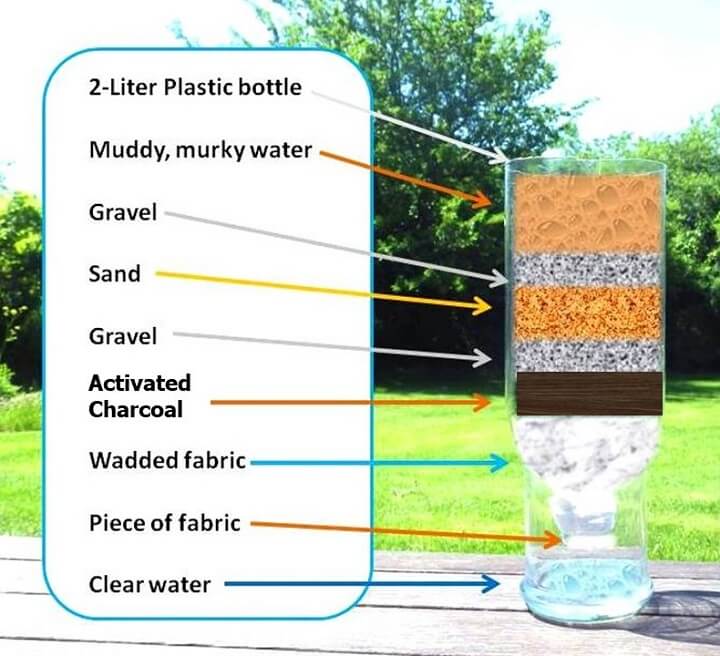
If you do improvise your own filter, you still might want to let the water sit in the sun in a clear container for at least a few hours, just to be safe
What About Bathing and Laundry?
If you’re positive that the pool water has been properly maintained and there’s no sudden buildup of debris as a result of a storm, you’re okay to launder clothes or wash up. Make sure you use detergent with the water in case any residual bacteria have survived the chlorine.
You don’t need to worry about the chlorine bleaching any clothing because the chlorine levels in the water are not strong enough to bleach fabrics.
A Swimming Pool as a Water Source is Actually a Good Idea
If you find yourself without water after a disaster, a swimming pool in the backyard is an easy and convenient water source. It’s much cleaner than a local pond or river and, because it’s close to home, you can filter water in bulk for continuous use much more easily.
If you think about it, the chlorination of swimming pool water is a good first step in any water filtration process. Now if we could just get people to stop peeing in the pool…
Other Self-sufficiency and Preparedness solutions recommended for you:
The vital self-sufficiency lessons our great grand-fathers left us
Knowledge to survive any medical crisis situation
Liberal’s hidden agenda: more than just your guns
Build yourself the only unlimited water source you’ll ever need
4 Important Forgotten Skills used by our Ancestors that can help you in any crisis


